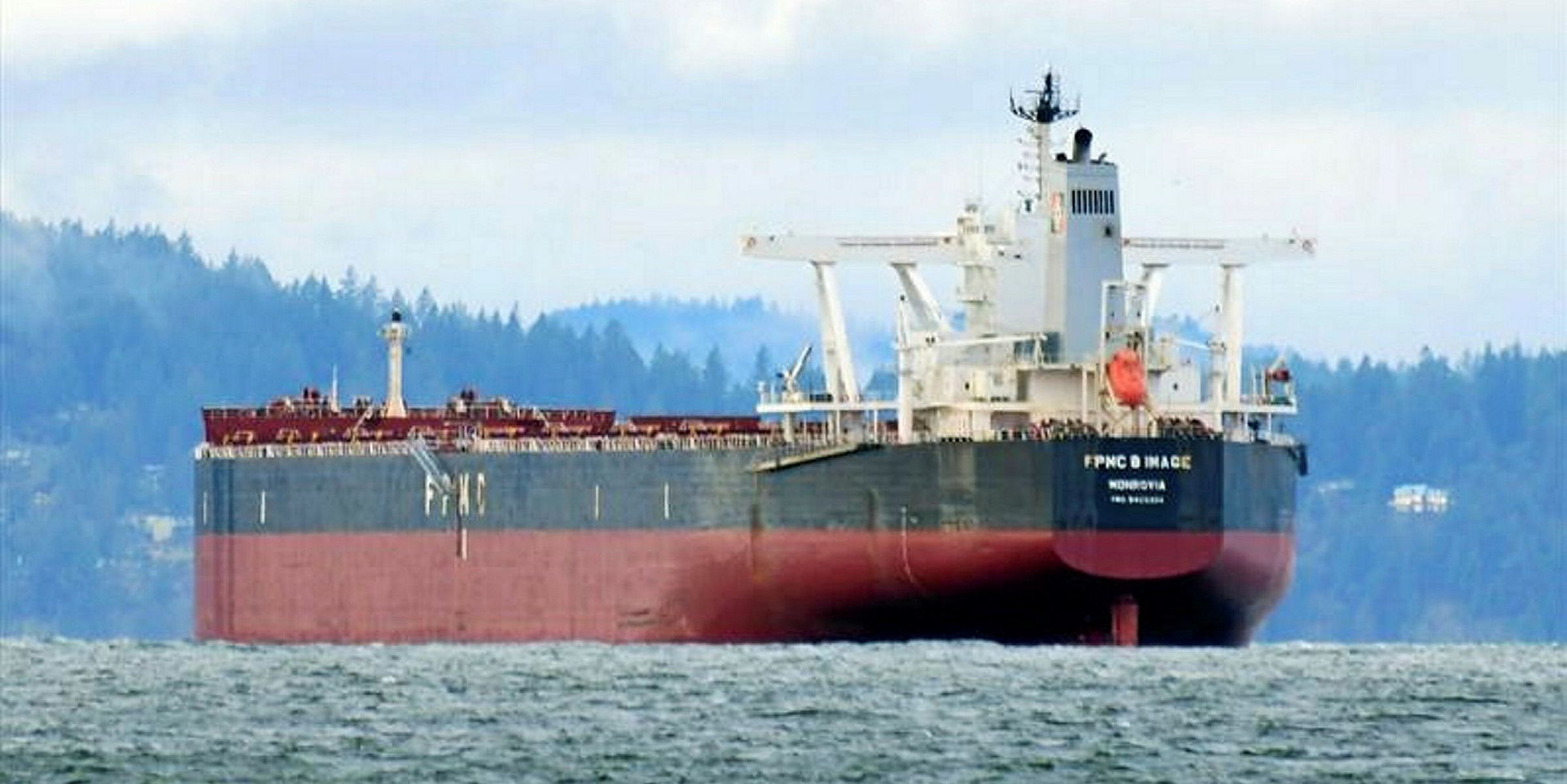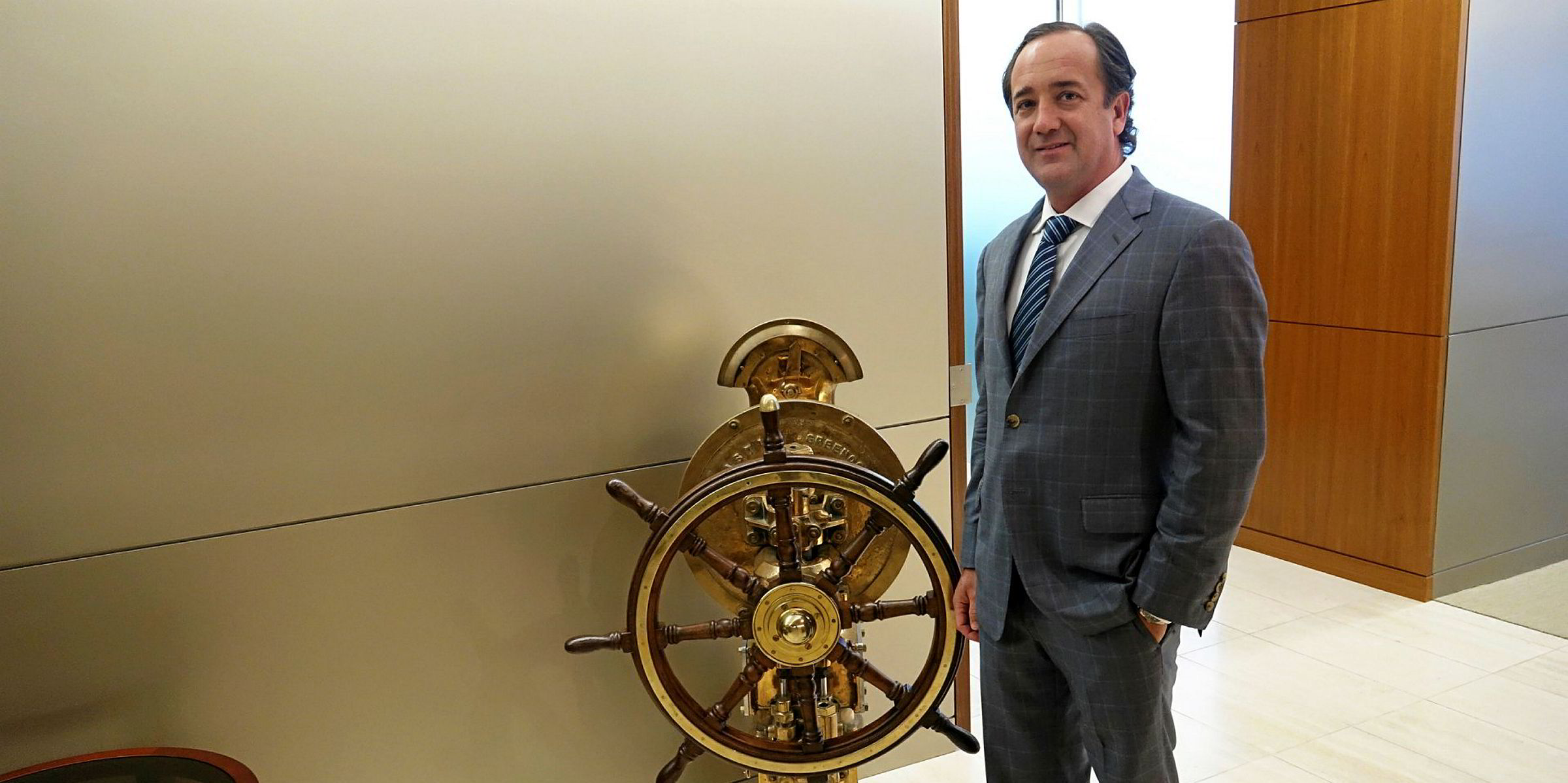The Baltic Dry Index (BDI) slumped to below 1,500 points as a plunge in capesize rates pushed the bulker benchmark to its lowest point in over four months.
The Baltic Exchange index fell by 105 points, or 6.8%, in one day to reach 1,428 in what was the first time the index has touched this level since 2 July, according to data from the freight marketplace.
The BDI component to take the biggest hit was the Baltic Capesize Index, which shed 7.6% to end the day at 2,517 points.
Likewise, average timecharter equivalent earnings for capes slumped nearly $1,890 to reach $20,330 per day.
The tough capesize conditions were primarily felt in the Atlantic market, where charters for liftings of Brazilian iron ore exports were under pressure.
“Sentiment has turned very negative, driven by lack of fixing from Brazil as Vale has stayed quiet,” said SwissMarine capesize trader Edward Philip.
“The Pacific rounds have been steady, but the ballaster count grew too big.”
Data was not yet available on individual fixtures on Thursday, but chartering activity had already been thinning, lifting vessel availability.
"The market softened in all regions with brokers noting increasing ship availability forcing owners to discount in order to find employment," said Clarksons Platou Securities earlier in the day.
The BDI's four-month low comes after the index peaked at 2,518 points in early September.
Scrubber hangover
Some sources suggested Thursday that the bulker market's retrenchment may result from pickup in vessel availability, following a rush of ships that were taken out of the market for upgrades to comply with the upcoming IMO 2020 sulphur cap.
"It is too soon to know what is really happening, but one guess is that the number of capes at shipyards having scrubbers installed seems to have tapered off pretty sharply, and minor bulk and grain movements are lower than hoped for and are depressing panamax and supramax rates," said an executive for one public shipowner.
Jefferies analyst Randy Giveans attributed the BDI's fall to a few factors, including many ships returning to Brazil and Australia looking for cargoes, and Indonesia's ban on nickel ore exports.
"Sentiment is still relatively weak," he told TradeWinds.
He also blamed capesize rates softening due to short-term weakness on the Brazil-to-China route.
The BDI dipping below 1,500 points marked a contrast to earnings announcements in the sector on the same day, noted Noble Capital Markets analyst Poe Fratt.
He pointed to New York-listed Genco Shipping & Trading's move to pay a special dividend and restart quarterly dividends.
"Debt covenants require at least $100m of cash in order to pay it and current cash of $166m, so they are signalling that they think the market outlook is favourable," he said.






